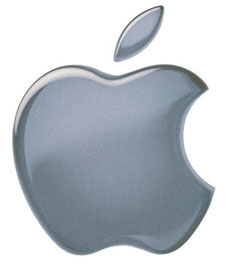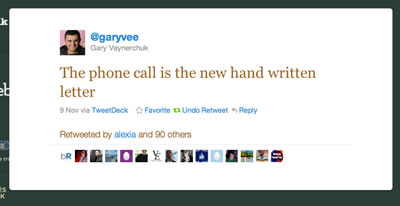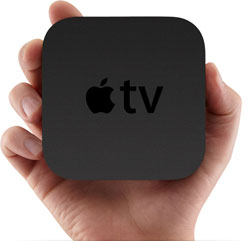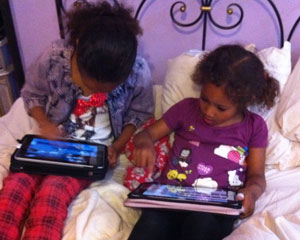LWF joins CloserStill
 Saturday, July 16, 2011 at 12:52PM
Saturday, July 16, 2011 at 12:52PM News release
 London, July 14th 2011. CloserStill, the fast growing UK media & events group have acquired Learning Without Frontiers (LWF) the pioneering online community, digital media & conference organisation focused on facilitating & documenting the on-going dialogue about disruptive change in global learning & teaching.
London, July 14th 2011. CloserStill, the fast growing UK media & events group have acquired Learning Without Frontiers (LWF) the pioneering online community, digital media & conference organisation focused on facilitating & documenting the on-going dialogue about disruptive change in global learning & teaching.
Formed in 2004, LWF and its community members have represented a growing movement who have consistently set the agenda on the use of mobile, video game, social media, open source & other disruptive technologies driving fundamental shifts in learning & where learning takes place.
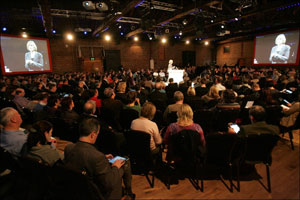 Uniquely bringing together thought leaders & policy makers from the education, entertainment & technology sectors LWF has been described as the "Davos of learning & new technology". Previous keynote speakers have included Jimmy Wales, founder of Wikipedia, Ray Kurzweil, the godfather of AI, & Malcolm McLaren in his last public speech. Industry partners & supporters of LWF represent the who's who of leading technology providers & organisations leading the vanguard of new learning including Apple, Nintendo, Microsoft Xbox, Sony Computer Entertainment, Technology Strategy Board, Nominet Trust & NESTA.
Uniquely bringing together thought leaders & policy makers from the education, entertainment & technology sectors LWF has been described as the "Davos of learning & new technology". Previous keynote speakers have included Jimmy Wales, founder of Wikipedia, Ray Kurzweil, the godfather of AI, & Malcolm McLaren in his last public speech. Industry partners & supporters of LWF represent the who's who of leading technology providers & organisations leading the vanguard of new learning including Apple, Nintendo, Microsoft Xbox, Sony Computer Entertainment, Technology Strategy Board, Nominet Trust & NESTA.
LWF's annual UK conference & festival, LWF 12, will run alongside CloserStill’s successful Learning Technologies and Learning and Skills events in Olympia in January 2012.
LWF's founder, Graham Brown-Martin, will be a director & shareholder in a new company set up to run the organisation with a brief to continue creative direction of LWF whilst bringing his knowledge & expertise of social & digital media marketing to the CloserStill Group. He will work alongside co-directors Mark Penton and Ian Smout who have built up the Learning Technologies and Learning and Skills events into a formidable proposition.
CloserStill's CEO Andy Center said:
"Graham is a bit of a trouble-maker, so he will fit in well here! He also runs one seriously cool and funky festival. Delegates and supporters love it. This business is a glove fit with our strategy to strengthen our position in the fast-changing learning sector and to embed our events more deeply in the communities they serve. Watch this space."
Graham Brown-Martin:
"The fit with CloserStill was obvious from the start", he explained, "as a part of their DNA both organisations are naturally disruptive, prepared to challenge entrenched thinking & the status quo. The formidable management experience & financial support now available to LWF as part of the CloserStill Group enables us to scale the festival to meet the demands of our delegates, speakers & industry partners".
The move to Olympia presents new opportunities for LWF to once again reinvent itself and set a new benchmark for the next gathering of their global community.
“We’ve been presented with a considerable amount of space that will be the canvas to re-imagine & build a creative environment for our next festival themed around “Superstructures” commented Brown-Martin, “we will be creating a pop-up university or school of the future using ingenious rapid build structures and working with industry partners to create compelling installations & features”.
Speakers are yet to be announced but LWF’s trademark of eclectic, high-profile and cross-sector mix with numerous surprises is promised.
Ticketing for the festival will re-open soon with a revamp of the LWF main site. Registration provides all delegates with an iPad 2 for use before, during and after the event to maintain an ongoing dialogue between participants and community members.
Ends
Optional musical interlude:
 business,
business,  closerstill,
closerstill,  disruption,
disruption,  news in
news in  Business
Business 
